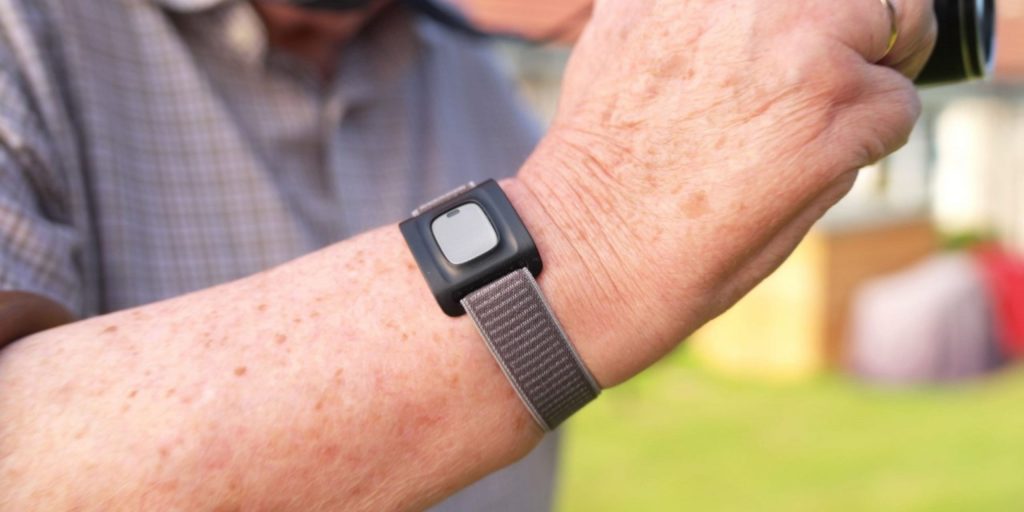
The report by digital connectivity consultancy, FarrPoint, was commissioned by TEC Cymru, the programme responsible for supporting the shift to technology enabled care in Wales. Funded by the Welsh Government and hosted by NHS Wales, TEC Cymru wanted to conduct an in-depth analysis into the telecare landscape in Wales to aid future improvements.
FarrPoint’s research, conducted through a mix of consultations and data analysis, estimated there to be 77,000 current telecare users in Wales, with the vast majority (91%) aged over 65, and more than a third (38%) over 85. Take-up, services levels and costs vary across the country, and are delivered by Wales’ 22 councils and several housing associations.
The report also found that more than two thirds* of councils (67%) are using the move from analogue to digital technology to enhance their telecare service offering. The main drivers across all councils surveyed were demographic changes; a desire to improve and extend services, such as introducing proactive care or telehealth services; and better integration between health and social care bodies to improve access to care.
As the UK prepares to transition from analogue to digital phone lines in 2025, local telecare services in Wales will require meaningful support and investment to introduce digital infrastructure. So far, only three councils are using digital telecare technologies**, and fewer than one in five (19%) have a strategy in place** to manage the transition.
With the majority of councils*** (90%) feeling unsupported by their telecoms provider(s), two thirds stated that they are concerned over the forthcoming digital migration. TEC Cymru and its partners will play an instrumental role in shaping ongoing strategy, developing consistent standards, and overseeing the delivery of improved services.
By the end of 2025 telecare services will become reliant upon digital technologies as well as the availability of high-speed, digital connectivity, which is currently being rolled out by providers in areas across Wales.
Richard Parkinson, Director at FarrPoint, said: “Technology advances mean individuals can be supported in every stage of life. Telecare is an extremely positive way in which we can support the most vulnerable in society, allowing them to continue to live independent lives, often from the comfort of their own home. The digital switchover will be a hurdle for many of the telecare providers across Wales but it is one that they absolutely must overcome. As a result, more residents will be able to benefit from these types of services, providing the support and peace of mind to allow them to live independently in their own homes.”
Aaron Edwards at TEC Cymru, added: “This report provides the first analysis into the current state of the sector in Wales and will be crucial to reshaping services with the citizen in mind. It also highlights the disparity between the access, cost and type of services that citizens have depending upon where they live. FarrPoint has previously done similar work in Scotland and England, which brought a valuable perspective on the rollout of digital telecare from across the UK. TEC has the potential to help huge numbers of people continue to live independently, and we’re committed to improving services across Wales, helping as many people as possible access the care they need.”
Telecare services offer remote care for citizens, typically elderly people and those who are physically less able, providing reassurance to them via various assistive technologies. These are typically a pendant and lifeline alarm unit, where the call is transmitted to an Alarm Receiving Centre (ARC). There are more enhanced ‘packages’ of telecare that can include devices such as door, bed and automatic fall sensors that are used to ensure safety at home, where help is on hand 24/7.











